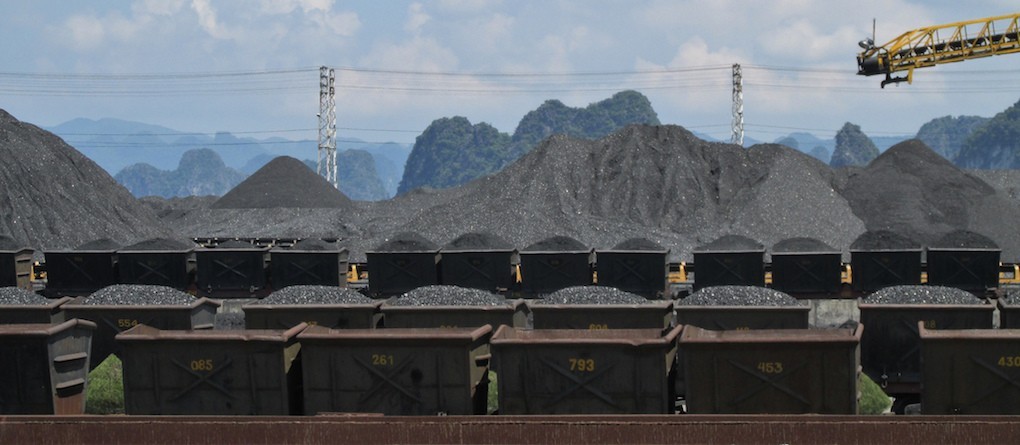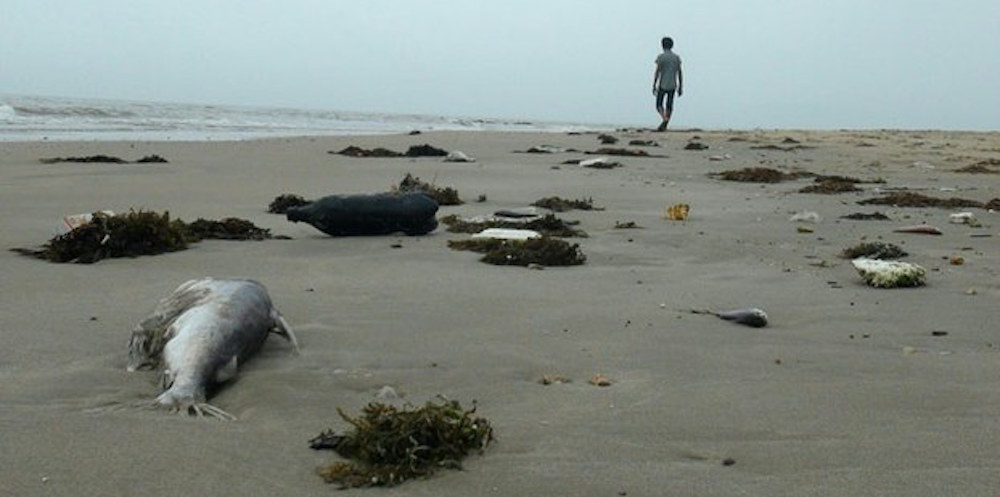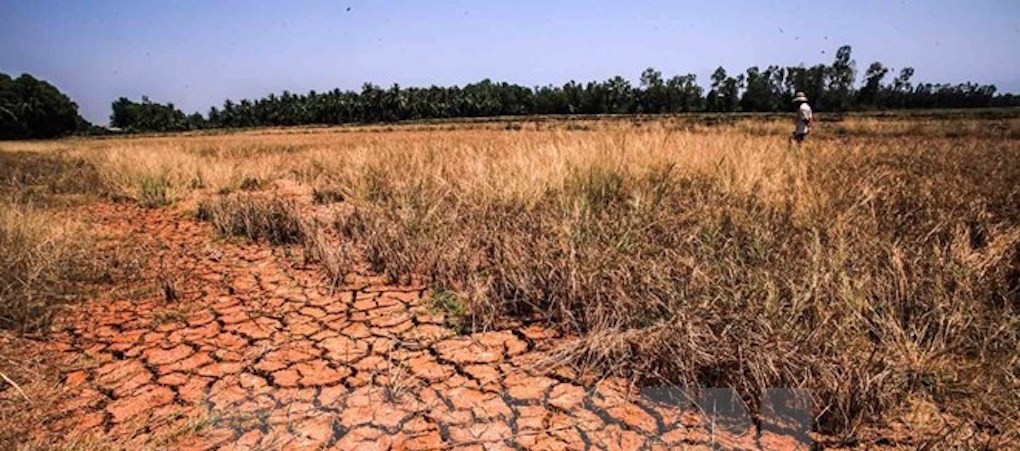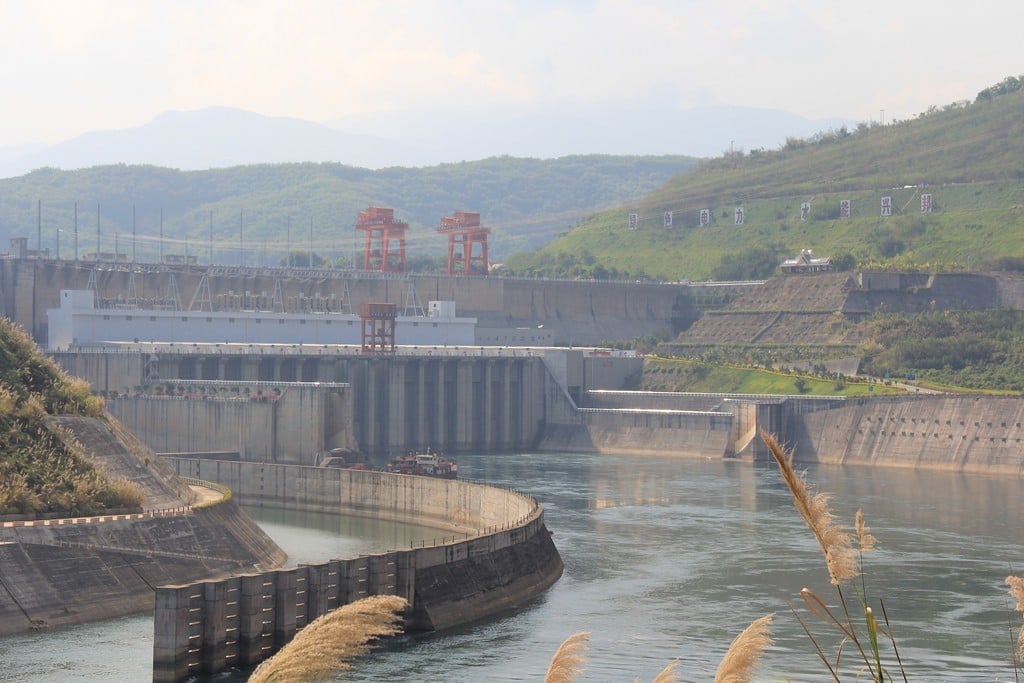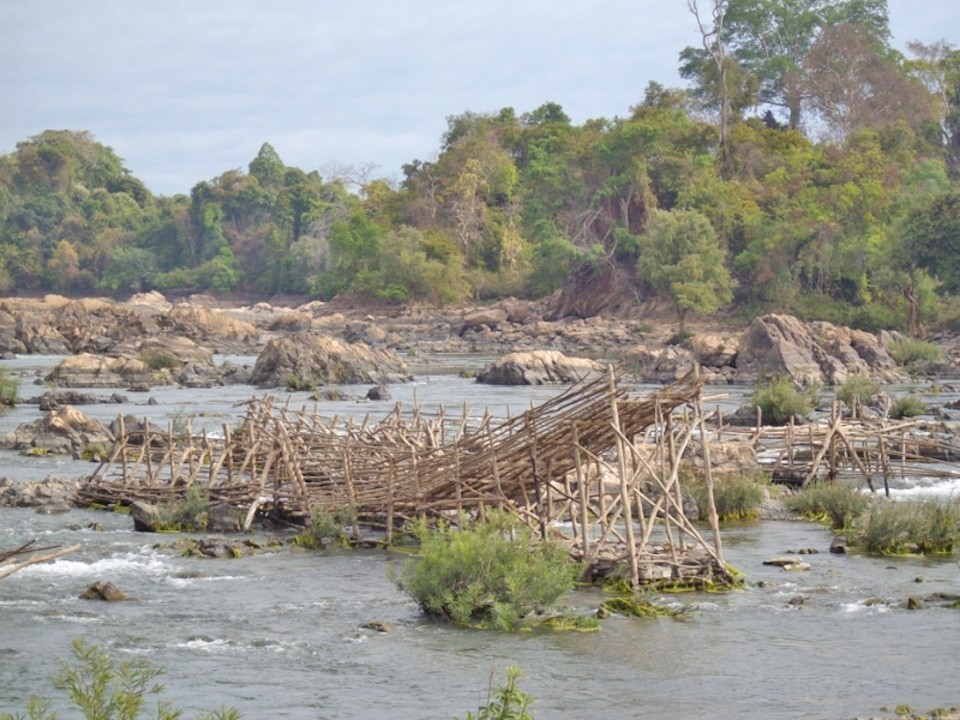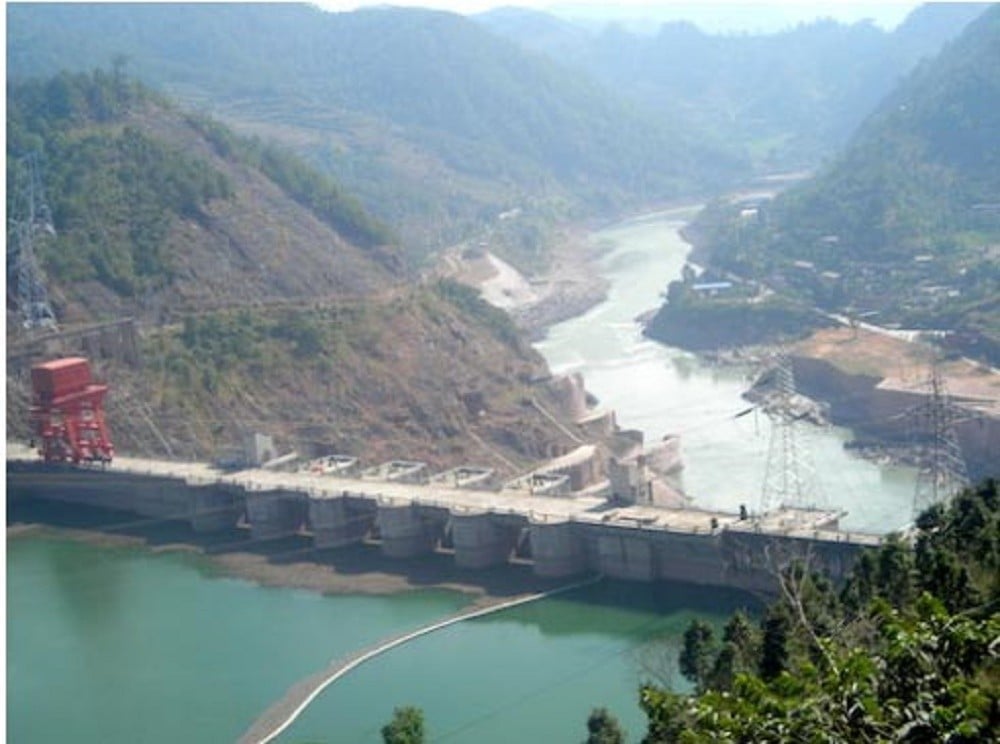Vietnam Scientists are concerned that coal power plants would still provide 50 percent of the nation’s total electricity output in the future.
Tag: Vietnam
Massive Fish Kill in Vietnam
Vietnam’s top environment official offered an apology on Friday for his government’s “confused” handling of a mass fish kill off that has killed tons of fish across a wide swath of the country’s central coast.
China to release more water to alleviate SE Asia drought
China will release more water from a dam in its southwestern province of Yunnan to help alleviate a drought in parts of Southeast Asia, China’s Foreign Ministry said on Tuesday, following an initial release begun last month.
Thailand’s transparency deficit: Haste makes waste on mega-projects
One of the country’s top bankers is stressing the need for faster action to transform Thailand into a hub for CLMV countries (Cambodia, Laos, Myanmar and Vietnam).
Kevin Tan, CEO of HSBC Thailand, was speaking during an interview on Vietnam’s increasing attractiveness to foreign investors. Vietnam’s gross domestic product grew a whopping 797 per cent between 1995 and 2014, from US$20.74 billion to $186.2 billion. Thailand’s GDP growth was sluggish in comparison, rising from $169.28 billion to $404.8 billion over the same period.
And with big names like Intel, Apple and Samsung now showing interest in Vietnam, it seems the times are against Thailand.
Laos releases dam water to ease drought in Vietnam’s Mekong Delta
Laos has started releasing water from its dams to the Mekong River to help Vietnam’s southern region cope with severe drought and saltwater intrusion, according to the Ministry of Foreign Affairs.
The ministry on Friday quoted Lao Minister of Energy and Mines Khammany Inthirath as saying that Laos had discharged around 1,136 cubic meters of water per second to the lower Mekong River basin on Wednesday. The country planned to keep doing so until the end of May.
The Manual: Community consultation and monitoring on the impact of hydropower
According to the report of the Commission on Science, Technology, Environment and Government, by 2013 Vietnam has had 113 terraced Hydroelectric power plants on some major rivers and 1,108 small hydropower plants are now being projected. The development of this manual is important as it illustrates the many evidences of hydropower impacts on the environment and society. This manual was produced when state policies and guidelines were aimed at promoting the role of community participation and supervision.
China leaves little doubt who is master of the Mekong
Supalak Ganjanakundee China is demonstrating that it has real power to control and manage the Mekong River, as Beijing launches a diplomatic campaign to engage with affected countries downstream. This situation has become clear after China’s contacts with the other five countries along the river – Myanmar, Laos, Thailand, Cambodia and Vietnam. Physically, about half […]
Mekong Drought Worsens Amid Doubts Over Lao Promises
Drought in Southeast Asia is raising concerns in the Cambodian and Vietnamese countryside where salinity levels are rising in the Mekong River and people are skeptical about fresh promises from Laos that it will respect the rights of downstream countries in dam construction.
The reassurances from Vientiane were delivered by Bounhang Vorachith, who was recently named secretary-general of the Laos Communist Party, sparking hopes he might show a more conciliatory approach to negotiations with countries who share use of the Mekong River.
“Laos will make an effort to ensure that there will be no impact,” Bounhang recently told the Cambodia government in regards to Vientaine’s plans to build 11 dams along the Mekong River and their impact on neighboring countries.
A request to China to regulate the water flow from upstream Mekong river
Mekong Delta Region (MDR) is the largest rice field of Vietnam now facing the serious drought and water shortage. There are 7 provinces in Mekong Delta region is damaged by salinization. The cause of this situation is the depletion of water supplies by the Mekong River. In order to dealing with this situation, in Hanoi 3 March, 2016, Vietnam Deputy Prime Minister has a working session with the Ministry of Natural Resources and Environment (MONRE), the Mekong River Commission of Vietnam on research impact of hydropower projects on the Mekong mainstream.
Thermopower plants’ fate questionable as Vietnam tries to reduce greenhouse gas emissions
The Ministry of Industry and Trade (MOIT) has assigned the Energy Institute to adjust the seventh electricity generation development plan (PDP 7) before being submitted to the Prime Minister for approval.
Experts have repeatedly warned that the forecast demand and the required investment capital are high, which will put a heavy burden on the national economy.
However, there is another reason cited to adjust PDP 7: the plan does not show appropriate attention to sustainable development in electricity generation. With the plan, Vietnam will still heavily rely on coal thermopower plants.


